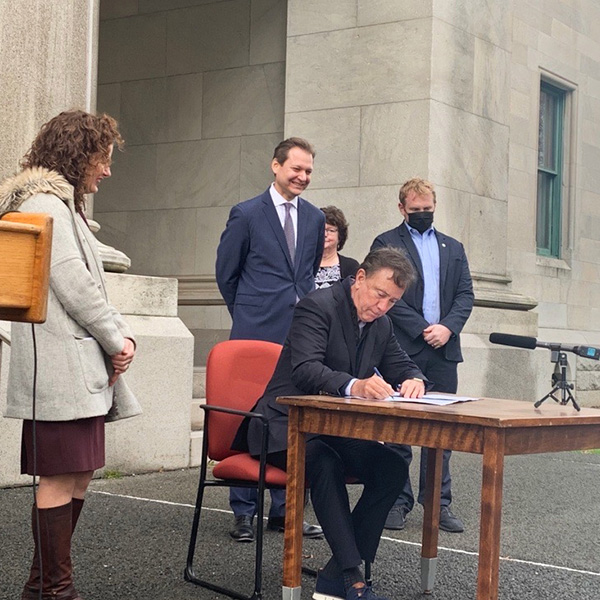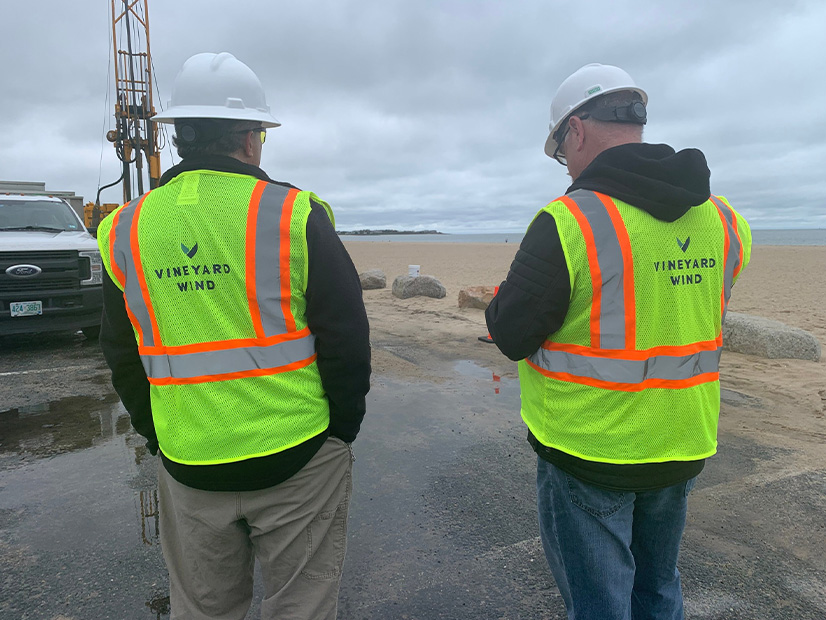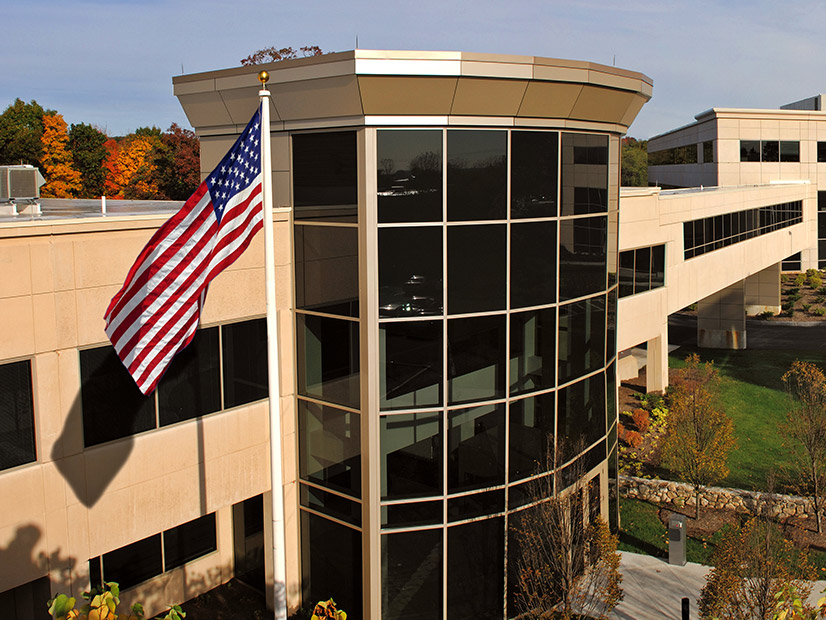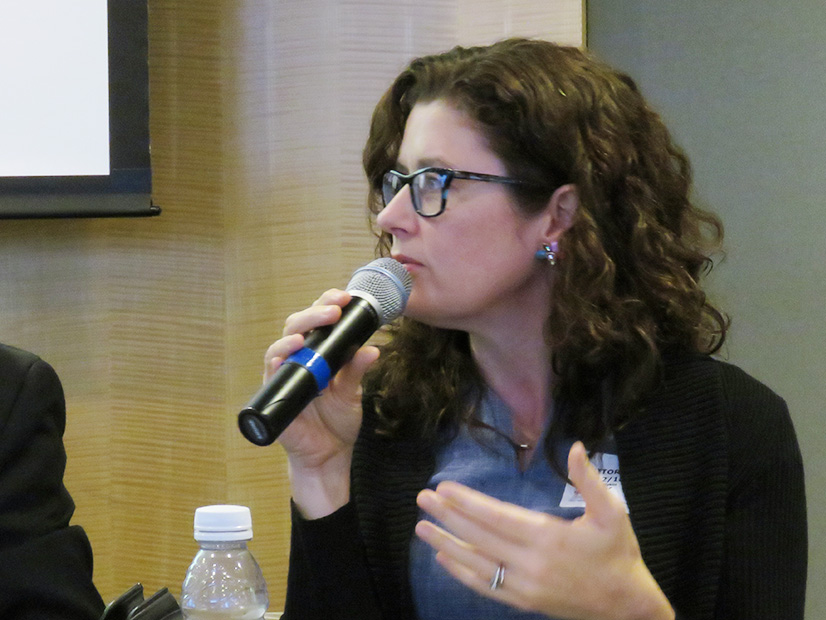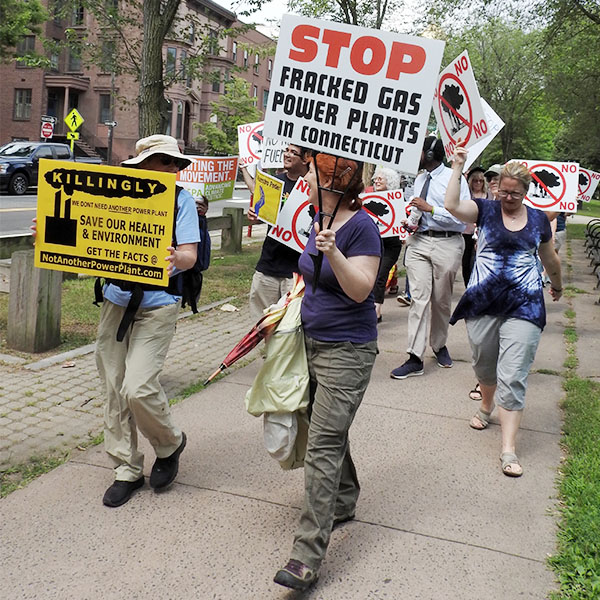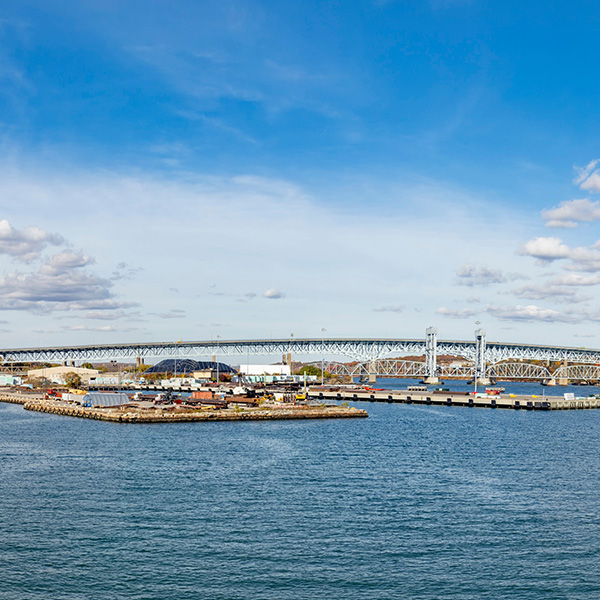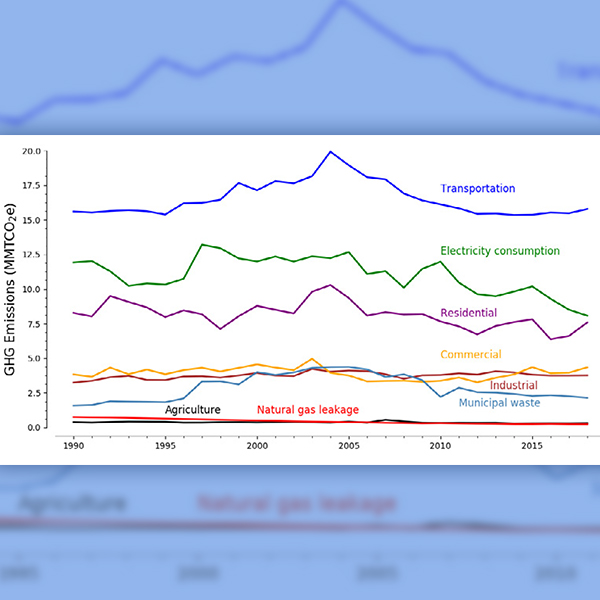Connecticut Department of Energy and Environmental Protection (CT DEEP)
Connecticut Gov. Ned Lamont signed an executive order on climate with directives related to transportation, buildings, resilience, jobs and land use.
Resource adequacy concerns and market rules and transmission infrastructure to support state clean energy policies highlight the issues facing ISO-NE in 2022.
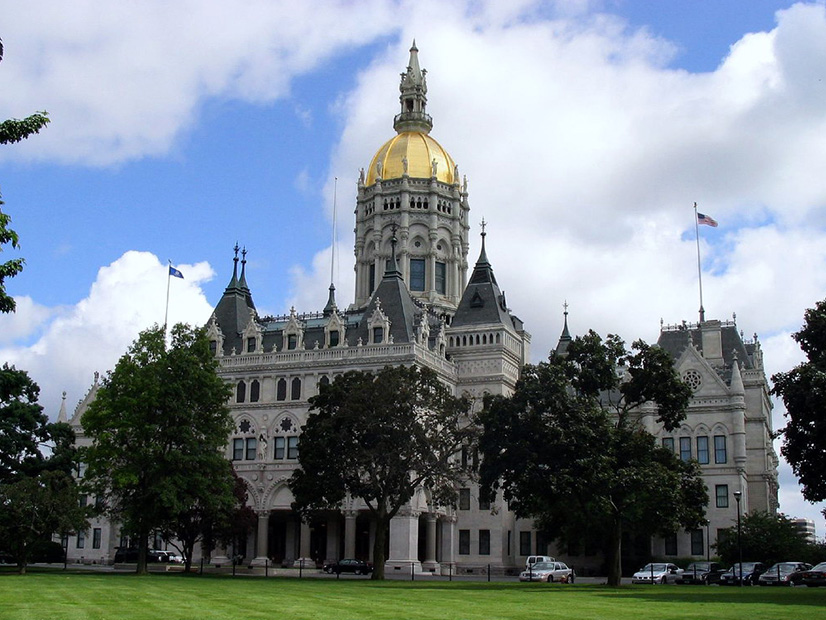
jglazer75, CC BY-SA 2.0, via Wikimedia Commons
Connecticut Environmental advocates vow to maintain pressure on lawmakers to pass enabling legislation for the Transportation and Climate Initiative Program.
Gov. Ned Lamont said he would not pursue the TCI-P next year, arguing that rising gas prices make the enabling legislation “a pretty tough rock to push."
ISO-NE asked FERC to terminate the capacity supply obligation for the 650-MW gas-fired Killingly Energy Center in eastern Connecticut.
The Connecticut Department of Energy and Environmental Protection released the final version of its biennial integrated resources plan.
Connecticut's Supreme Court upheld a lower court decision to approve a new gas-fired power plant, dismissing a local environmental group’s complaint.
State solicitations have helped lower offshore wind prices, but DEEP Commissioner Katie Dykes says the next challenge for the sector is transmission.
Greenhouse gas emissions in Connecticut are increasing, pushing the state off track from its statutory 2030 and 2050 economy-wide reduction targets.
Leading lawmakers in Connecticut have not ruled out a special session this fall that could provide advocates another chance to push for passage of the TCI-P.
Want more? Advanced Search
